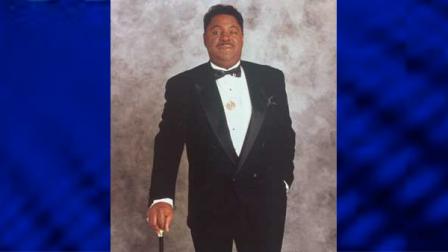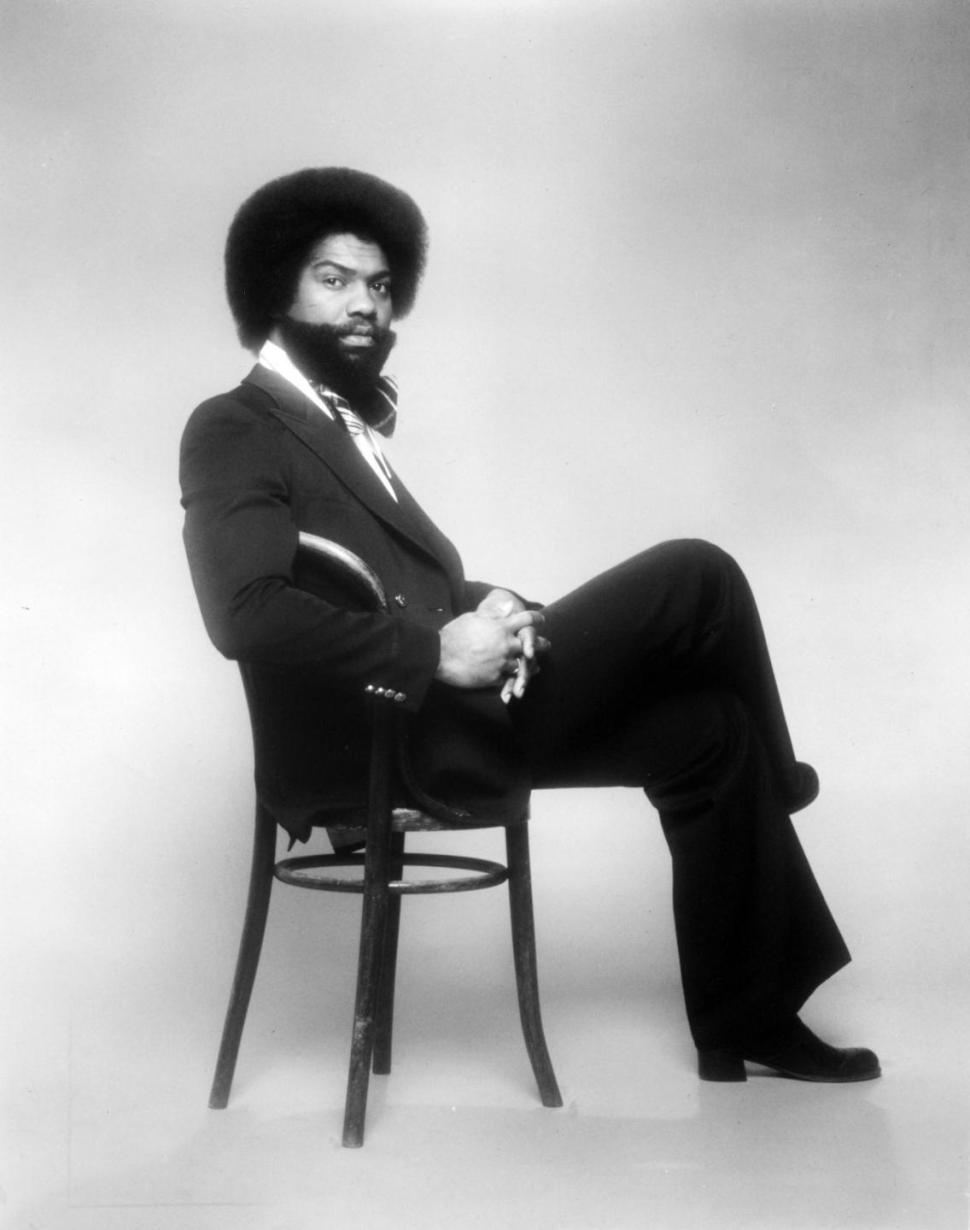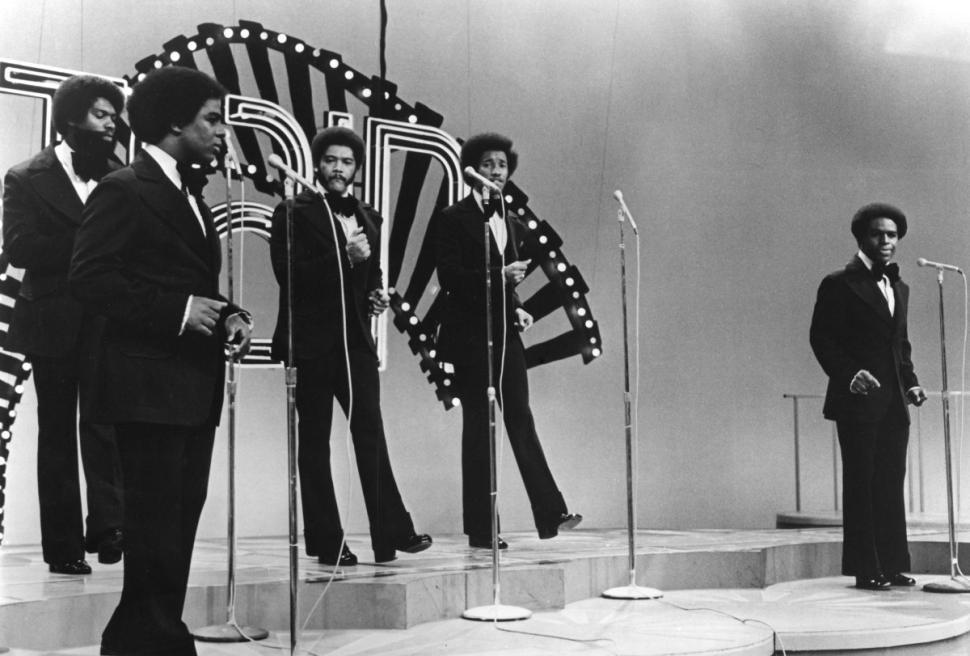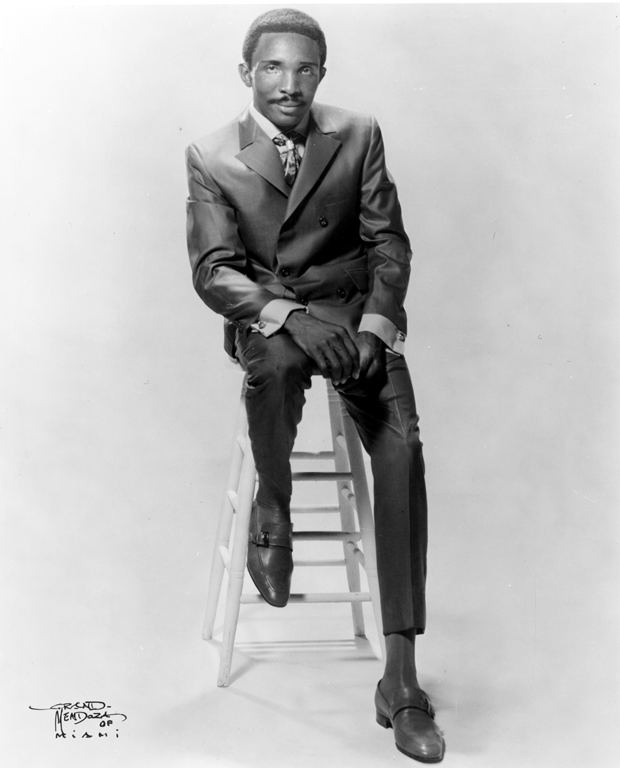By
Matt Schudel May 1 at 12:44 PM
Ben E. King, a singer and songwriter whose 1961 hit “Stand by Me” became an enduring rhythm-and-blues classic and found a new generation of fans through the popular 1986 film of the same title, died April 30 at a hospital near his home in Teaneck, N.J. He was 76.
His publicist, Phil Brown, confirmed the death, but other details were not immediately available.
Mr. King, who had one of the greatest voices of his time, recorded his first chart-topping hits in the 1950s, when he was a member of the Drifters. He sang the lead vocal on “
There Goes My Baby,” “
This Magic Moment” and “
Save the Last Dance for Me,” the last of which became a No. 1 pop hit for the Drifters in 1959.
He was inducted into the Rock and Roll Hall of Fame in 1988 as a member of the Drifters, but he found at least as much acclaim after he left the group in 1960. Dropping his original name, Ben Nelson, he embarked on a solo career as Ben E. King and scored a hit in 1961 with the exotic ballad “
Spanish Harlem,” which begins, “There is a rose in Spanish Harlem, a red rose up in Spanish Harlem.”
When Mr. King first heard the Latin-flavored song, written by Phil Spector and Jerry Leiber, “I thought it sounded really good,” he told Scotland’s Glasgow Herald in 2012. “But I honestly didn’t know if I was singing about a flower or a girl.”
The day he recorded “Spanish Harlem” — Oct. 27, 1960 — Mr. King had extra time in the studio and began to work on a song he had written when he was with the Drifters.
“I sang what I had to Jerry and Mike” — Leiber and his songwriting partner, Mike Stoller — and “they worked up a quick arrangement, and within a matter of minutes we had my next single,” Mr. King said in 2012.
“
Stand by Me” opens with an acoustic bass playing the melody over light percussion accompaniment. Mr. King comes in, singing the song’s wistful opening lines in his solid, slightly grainy baritone voice:
When the night has come
And the land is dark
And the moon is the only light we’ll see
No, I won’t be afraid
Oh, I won’t be afraid
Just as long as you stand, stand by me
In a three-minute song, Mr. King evokes a timeless sense of hope and well-being, describing how the power of friendship or love can overcome everyday fears.
According to the music licensing company BMI, “Stand by Me” was the fourth most widely recorded song of the 20th century. It reached the pop charts no fewer than nine times performed by various artists and has been recorded by such diverse performers as John Lennon, Green Day and country singer Mickey Gilley.
“Stand by Me” was added this year to the National Recording Registry of the Library of Congress, and Rolling Stone magazine ranked it No. 122 among the 500 greatest songs of all time.
Benjamin Earl Nelson was born Sept. 28, 1938, in Henderson, N.C., and moved with his family to New York when he was 9. He worked in his father’s Harlem luncheonette in his teens, began singing in church and in junior high formed his first singing group, the Four B’s, so named because everyone in the group had a name beginning with “B.”
He later joined a doo-wop group, the Five Crowns, which performed at a talent show at Harlem’s Apollo Theater in 1958. About the same time, the Drifters, a vocal ensemble that formed in the early 1950s with the soulful Clyde McPhatter as lead singer, were dissolved by their manager, George Treadwell. Treadwell then hired the Five Crowns to be the new version of the Drifters.
Mr. King recorded only 13 songs with the Drifters, but several became major hits, including “There Goes My Baby” (partly written by Mr. King), “This Magic Moment,” “Dance With Me,” “Count the Tears” and especially “Save the Last Dance for Me,” which hit No. 1 in 1959 and has been a staple of senior proms ever since.
Critic Ken Emerson, in his book about mid-century pop music, “Always Magic in the Air,” wrote that “This Magic Moment” and “Save the Last Dance for Me” “were produced and performed with extraordinary elegance and dignity.”
When Mr. King asked for a greater share of the Drifters’ royalties, he was turned down and then quit the group. The Drifters, under different personnel, later had such hits as “Up on the Roof,” “On Broadway” and “Under the Boardwalk.”
Mr. King never duplicated his early success, but he had a few minor R&B hits in the 1960s and 1970s, including popular disco tune in 1975, “Supernatural Thing, Part I.” He also appeared on a 1977 album, “Benny & Us,” with the Average White Band.
He continued performing until his death and in recent years had turned more toward jazz, including a 2010 album, “
Heart & Soul,” of songs from the Great American Songbook.
Survivors include his wife of more than 50 years, the former Betty Davis of Teaneck; three children; his mother; seven siblings; and six grandchildren.
A quarter-century after “Stand by Me” first reached the Top 10, Mr. King’s original version of the song climbed back up the Billboard charts in 1986, when it was featured in Rob Reiner’s coming-of-age film set in the 1960s, based on a Stephen King story and with a cast that included Kiefer Sutherland and River Phoenix.
“Stand by Me” spent more weeks on the charts in 1986 than it had in 1961.
“I never thought for a minute,” Mr. King said in 2012, “that it would last this long or that I would still be singing it 50 years later.”







